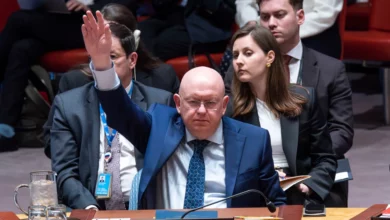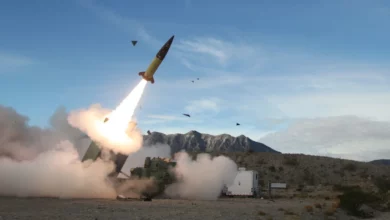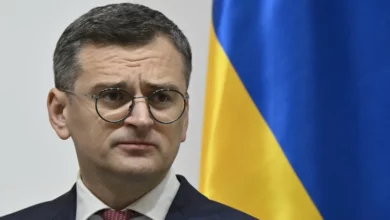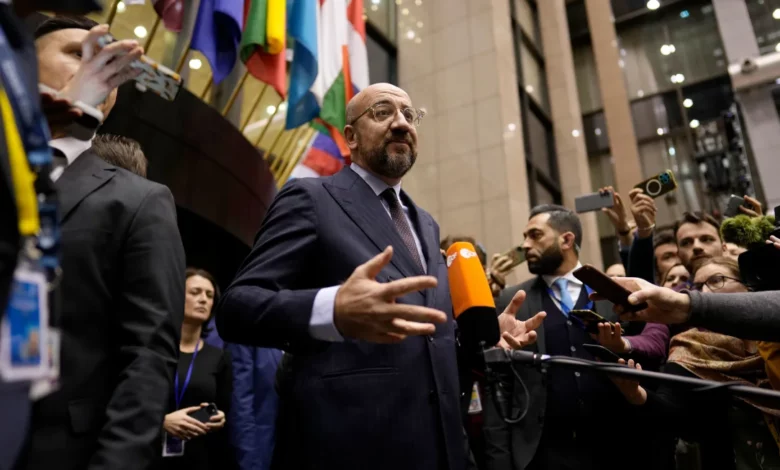
Hungary blocked a crucial European aid package for Ukraine, hours after EU leaders agreed to open membership talks with Kyiv.
“Summary of the nightshift: veto for the extra money to Ukraine,” Hungary’s Prime Minister Viktor Orban posted on X, formerly Twitter, after a late-night session of the EU Council in Brussels. “We will come back to the issue next year in the #EUCO after proper preparation.”
Dutch Prime Minister Mark Rutte said Hungary was the only nation out of the 27 EU members to oppose the multi-billion dollar financial aid package for Ukraine. According to Reuters, the funding deal is worth 50 billion euros ($55 billion).
“This is a good outcome. We still have some time. Ukraine is not out of money in the next couple of weeks. So we have that time and I think we can get there,” Rutte added.
Rutte said it was agreed that funding talks would resume early in 2024, and that “given the state of play in the talks, I am fairly confident that we can get to a breakthrough early next year.” But he added that was “not a guarantee.”
Earlier at the EU Council, member states agreed to begin so-called accession talks with Ukraine, nearly two years after it was accepted as a candidate state. Ukraine has held ambitions to join the EU for more than a decade.
Orban – whose government has always been by far the closest ally of the Kremlin in the EU – said he had not participated in the discussions about accession talks in order for the other member states to make the decision.
Orban on Thursday called the announcement that Ukraine was beginning accession negotiations “a completely senseless, irrational and incorrect decision,” adding that his country “did not participate in the decision today.”
Earlier this week, Orban claimed that Ukraine still needed to meet three of the seven conditions necessary to greenlight accession talks and, therefore, said there was no current reason to negotiate EU membership for Ukraine.
“Hungary’s position is clear; Ukraine is not prepared to start negotiations on EU Membership,” Orban said in a post on X.
“On the other hand, 26 other countries insisted that decision be made,” he continued. “Therefore, Hungary decided that if the 26 decide to do so, they should go their own way. Hungary does not want to share in this bad decision.”
Charles Michel, President of the EU Council, said the move was “a clear signal of hope for their people and for our continent.” He also confirmed that accession negotiations would be opened with Moldova, and that the EU had granted candidate status to the former Soviet state of Georgia.
Ukrainian President Volodymyr Zelensky welcomed the news. “This is a victory for Ukraine. A victory for all of Europe. A victory that motivates, inspires, and strengthens,” Zelensky posted on X following the announcement.
“History is made by those who don’t get tired of fighting for freedom,” Zelensky said.
The decision to open formal membership talks with Kyiv sends a strong message to Russian President Vladimir Putin following concerns that the West was wavering in its support for Kyiv in its fight against Moscow’s invading forces.
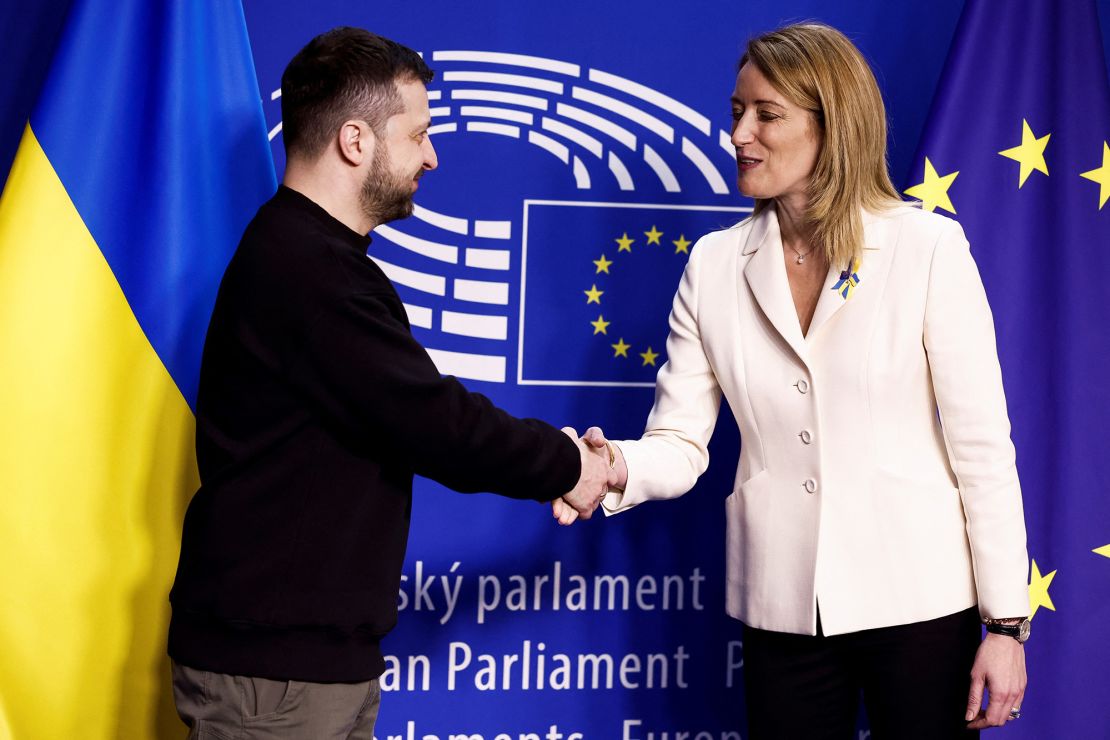
‘We have lived up to our promises’
While experts caution that some fundamental obstacles still stand in the way of Ukraine joining the bloc, Thursday’s decision was nonetheless hailed as a milestone by various European leaders.
Ursula von der Leyen, President of the European Commission, called the decision “strategic” and “a day that will remain engraved in the history” of the European Union.
“Proud that we have lived up to our promises and delighted for our partners,” she said.
German Chancellor Olaf Scholz wrote on X that “it’s clear these countries belong to the European family.”
Despite the political significance of the move, Kyiv still faces a number of obstacles in its bid to join the EU.
Ukraine is not going to be allowed to bypass the process that all countries must go through before joining the EU and in all, it could still be a decade until Ukraine actually joins the EU and can enjoy the benefits of full membership.
Ukraine will likely still need to meet the conditions of the Copenhagen Criteria – an opaque trio of requirements that the EU must be satisfied are met – before moving to the next stage of negotiations.
The critera focus on whether or not a candidate country has a functioning free-market economy, if the country’s institutions are fit to uphold European values such as human rights and the EU’s interpretation of the rule of law, and whether the country has a functioning, inclusive democracy.
All of those things are hard to prove for any country let alone one currently under invasion and in a state of war.
If Ukraine can meet the Copenhagen Criteria, EU and Ukrainian officials can start negotiating under the 35 Chapters of the Acquis, which lay out the accession conditions.
All chapters of negotiations must be fully closed, signed off by every EU member state, then ratified by EU parliament.
This story has been updated with additional developments.

